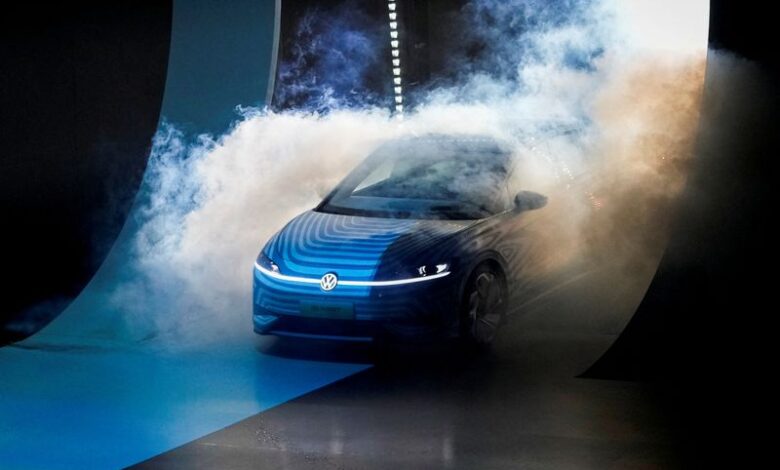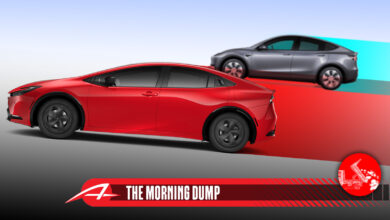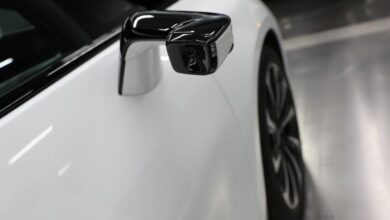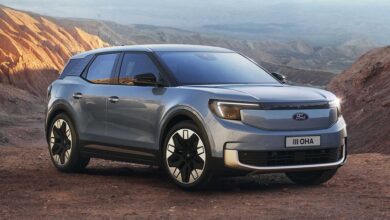Volkswagen to roll out new architecture with Xpeng to cut China EV costs

By Sarah Wu
BEIJING (Reuters) – Volkswagen AG said on Wednesday it has developed a new architecture for intelligent and electric cars with its Chinese partner Xpeng, which the German automaker said will help it offer more affordable EVs in its biggest market.
Volkswagen plans to use the China Electrical Architecture (CEA) in locally developed VW-branded EVs from 2026, it said.
CEA will help it achieve a cost reduction target of 40% for its China-developed platform compared to its German-developed MEB platform by reducing the number of control units, the company added. The architecture uses a central computer and a zonal structure to control all electronics to achieve functions such as autonomous driving.
U.S. automaker Tesla has been the market leader in this type of architecture, which reduces wiring and components in a car so that it becomes more efficient and cheaper to manufacture.
“Competition is very fierce, and we have to adapt our cost structure to be competitive in this environment,” Volkswagen Group board member and China chief Ralf Brandstaetter told reporters on Wednesday.
“It’s a decisive step in our development of China-specific, intelligent connected vehicles, and the acceleration of our strong ‘In China, for China’ strategy.”
The announcement followed a partnership forged last year, when Volkswagen bought 4.99% of Xpeng for around $700 million with plans to jointly launch two Volkswagen-branded EV models by 2026.
Back then, the two companies said the two models would use Xpeng’s G9 ‘Edward’ platform.
Volkswagen, which is trying to regain market share in China lost to local rivals, announced in February that the first of two cars it plans to develop with Xpeng will be an SUV.
The automakers said their economies of scale and platform and software collaboration will reduce costs and slash development time by 30%.
Volkswagen ceded its title of best-selling car brand in China to local EV maker BYD in late 2022. Its market share in China dropped to 14% last year from 18% in 2018 amid declining combustion-engine sales.
The German carmaker is pushing to expand its product range in China to attract customers in the entry- and mid-level segment of EVs in particular, with its current offering priced above that of many Chinese electric-only rivals.
Volkswagen announced last week that it plans to invest 2.5 billion euros ($2.66 billion) in China to expand its production and innovation hub in the city of Hefei in Anhui Province.
Its ID.3 has become one of the best-selling EVs in China after the automaker slashed the price by just over $5,100.
($1 = 0.9416 euros)
(Reporting by Sarah Wu; Editing by Sharon Singleton)



